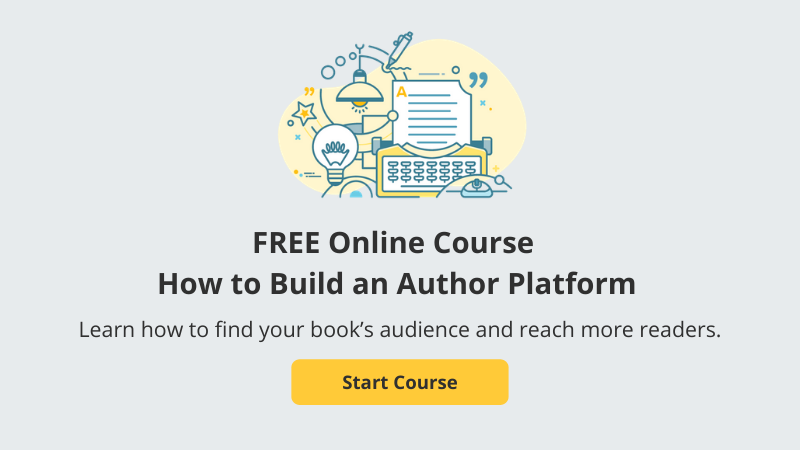Writing a book is hard work, but it’s only half the battle. Once your book is finished, you’ll need to promote it through marketing and publicity—and we’re not just talking about book signings and social media! Article writing is a great way to grow your audience and build a community.
Many authors are intimidated by the idea of writing an article, even though they’ve written an entire book. They’re right in assuming it’s a different kind of writing, but it’s certainly something beneficial that almost every author can do with the right approach. Here are some key tips for crafting an article that will effectively support book promotion.
Find the best topic.
For nonfiction authors, the easiest way to determine a topic is to pick a chapter in the book. Which section are you most passionate about? Which ideas can you most likely expand upon? Don’t copy the chapter verbatim, but rather use it as a starting point for your article. There’s no reason to reinvent the wheel when you can use the content you’ve already developed to craft a compelling piece.
Offer specific takeaways.
Readers want specific tools and takeaways when they read an article. If your topic is about leadership, give practical strategies that can be implemented in the office. General, broad themes can be overdone and are not helpful. Your goal is to make readers want more content, but you can’t do that if your article misses the mark.
Most editors and readers prefer lists, such as “10 ways to help employees avoid burnout.” This type of article promises specific tactics that can be applied in the workplace. Scrollable content is more appealing, especially when people can easily click out of a story before reaching the end. Remember to always ask yourself when writing: what is this article giving readers?
Don’t be too promotional.
Editors are not fans of shameless promotion, and neither are most readers. While your main goal of writing an article is to build your audience, mentioning your book too often is a turnoff for readers and media and can backfire. Some authors can get away with mentioning the title once, but only if it feels like a natural reference. More often the title of the book will be mentioned in your byline and/or author bio, with a link to the Amazon page or your author website. You want people to crave more content without forcing your book on them. If done well, your reader’s curiosity will be piqued by your content and they’ll want to learn more about you and what else you’ve written.
Do your homework.
Here’s something that many authors forget to do but is extremely important before writing an article: read content that has already been published in your desired outlet. I’ve seen so many authors waste time writing a piece that ultimately gets rejected. Often, that is because they don’t mirror the tone or flavor of a specific magazine or newspaper.
 Want to get an article published in Forbes? Take a look at the topics they cover and the writing style of their contributors. They already have an established readership, so figure out how to speak to them. Also make sure to take note of what’s already been written about recently so you can make sure the topic you propose is fresh and, therefore, more likely to be accepted!
Want to get an article published in Forbes? Take a look at the topics they cover and the writing style of their contributors. They already have an established readership, so figure out how to speak to them. Also make sure to take note of what’s already been written about recently so you can make sure the topic you propose is fresh and, therefore, more likely to be accepted!
Promote and share.
Congratulations! Your article has been written, accepted, and published. This will serve as a great tool for your overall book marketing plan, and will help to build your platform as a trusted author. Though it’s tempting to sit back and passively watch for the reaction to your piece once it’s published, the best thing to do is to promote it and share it widely on your end. Share the link to your article on your own social media sites, on your blog, with your email list, in your newsletter – wherever possible! The more people you share the link with, the more people will ultimately end up appreciating your hard work.
Writing articles may be time-consuming, but it’s one of the best ways to generate more followers and establish credibility. Your book is not going to market itself… so go ahead, and get writing!














